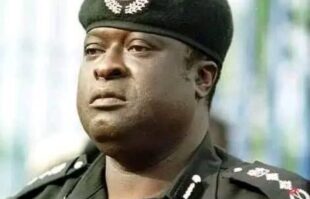Osun State, known as Ipinle Osun in the Yoruba language, is a state in southwestern Nigeria. The Yoruba ethnic group, particularly the Ibolo, Ife, Igbomina, Ijesha, and Oyo subgroups, make up the majority of the population in Osun State.
Some states were divided up into many Western Yoruba towns during the pre-colonial era; Osun State was one of the town-based at the time, while others were part of bigger empires like the Oyo Empire.
The Western Yoruba states participated in the Kiriji War, which was fought between 1877 and 1893 between Eastern Yoruba groups and Western Yoruba groups. The war was settled through British mediation before the region was colonised and added to the British Southern Nigeria Protectorate, which later merged into British Nigeria in 1914.
Creation of Osun State
The creation of Osun State can be traced to 1950 when there were conflicts. At the time, traditional leaders and residents of the Osun Area petitioned the British Colonial Administration in Nigeria for autonomy for the Osun Division, with Osogbo proposed as the headquarters. At the time, the current senatorial districts of Osun West, Central, and part of Osun East were subordinate towns under the administration of the Ibadan District Native Authority.
In order to achieve their goal, they continued to push this agenda in 1951, when the Colonialists established a Commission of Inquiry, chaired by H.L. Butcher, whose main task was to look into the conflict between Chief Salami Agbaje and Olubadan-in-Council in the Ibadan District Native Authority. People from the Osun Area made a presentation before the commission of inquiry, known as the H.L. Butcher Commission of Inquiry, reiterating their commitment to autonomy. On March 17, 1951, this request was granted, and on April 1, 1951, it was recommended that the towns of the Osun District become autonomous.
On August 27, 1991, the administration of Gen. Ibrahim Badamosi Babangida founded nine states, with Osun being created out of Oyo State with Osogbo as the capital. This was a recompense for the tenacity and perseverance of the founding fathers and crusaders for the creation of Osun. It was a hope realised and a dream.
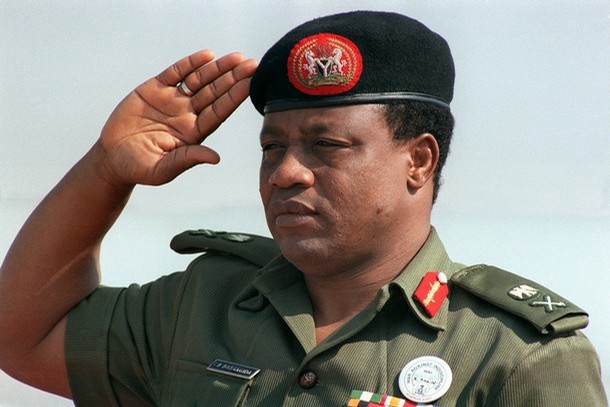
The History of Osun State Politics
Osun represents the history of a people that battled and prevailed in the war for its creation because of their desire for freedom, self-actualization, tenacity, and optimism for a better future. It was a hope realized and a dream achieved.
Col. Leo Segun Ajiborisha was the first Military Administrator of the State, who ruled from August 1991 to January 1992 before handing the reins over to Alhaji Isiaka Adeleke, the first elected governor also ruled from 1992 to November 1993. When Col. Anthony Udofia, Col. Anthony Obi, and Col. Theophilus Bamgboye, respectively, served as Military Administrators from December 1993 to August 1996, August 1996 to August 1998, and August 1998 to May 1999, respectively, the civilian rule in the state came to an end.
Later, between May 29th, 1999 and May 29th, 2003, Chief Bisi Akande served as the state’s governor. Chief Akande was succeeded by Prince Olagunsoye Oyinlola, who served as president for the first term from May 29, 2003, to May 29, 2007.
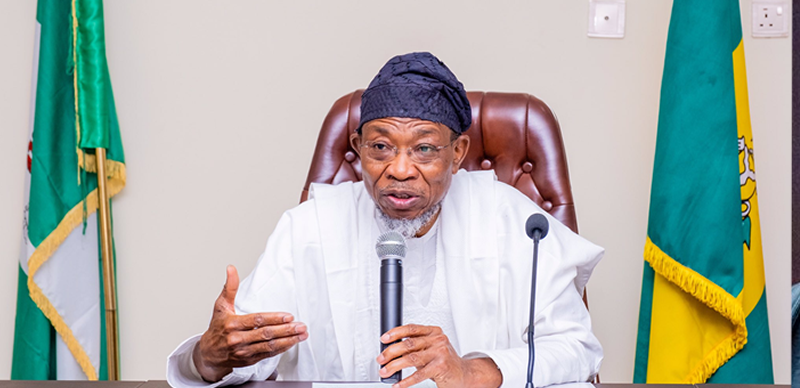
Prince Olagunsoye Oyinlola had served his second term for three and a half years, until he was removed in a landmark judgement on November 26, 2010, by the Court of Appeal, sitting in Ibadan, which nullified his election and Engr. Rauf Aregbesola was declared the validly elected Governor on the 14th of April, 2007 Gubernatorial Election.
With Yusuf Lasun, deputy speaker of the Federal House of Representatives, Nojeem Salaam, speaker of the Osun House of Assembly, Dr. Samuel Ibiyemi, publisher of Nigerian NewsDirect Newspapers, Adelere Oriolowo, and Moshood Adeoti, among others, Gboyega Oyetola ran for governor of Osun State in the All Progressives Congress in July 2018 and won. He then took office on November 27, 2018, after being sworn in.
The All Progressive Congress and its candidate, Gboyega Oyetola, were ruled to have been invalidly returned by the Election Tribunal in Abuja on March 22, 2019. The Osun tribunal awarded Mr Adeleke the victory and pronounced him the election’s winner. By a vote of two to one, the tribunal decided that INEC had erred in ordering a new election. It cancelled the repeat.
However, the Supreme Court later ruled against Mr. Adeleke but ruled in favour of Oyetola and announced the approval of Gboyega Oyetola’s election as governor of Osun State on July 5, 2019. Thus, the state’s incumbent governor is Gboyega Oyetola.
The Electoral Cycle of the Osun State
In the past, before the clash between two political candidates in 2007, Osun State used to have its election with other states towards the general election. According to the reports gathered, this clash triggered the change in the electoral cycle, that allows Osun gubernatorial election to hold separately (as the last poll) some months before the presidential election.
Although there are some states, such as Ekiti, Ondo, Benue, Edo, and Anambra, whose elections are done separately. However, there is a history of why Osun State elections have been done separately from 2007 to date.
In this piece, I will be exploring the history of why Osun State elections are done separately, why it is a heightened interest election that every political actor looks forward to, and why it is a determinant for the general elections.
Aregbesola promptly went to court to have the results of the 14 April 2007 elections reversed after incumbent Olagunsoye Oyinlola was proclaimed the winner. He filed a petition with the Election Petitions Tribunal in May 2008 alleging election violence and vote box stuffing.
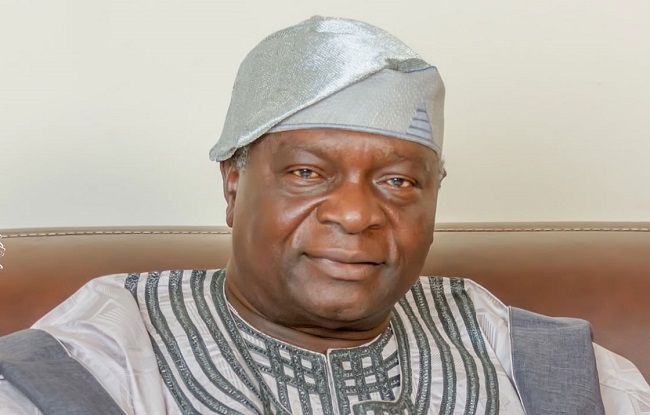
Aregbesola called over 100 witnesses and provided 168 pieces of evidence. In an interview dated October 2008, he referred to Oyinlola as “a bully who came from a reactionary military branch” and claimed that Oyinlola had done nothing to help the residents of Osun state. Additionally, he asserted that 12 people had died in the election-related violence.
Aregbesola was detained by the police in August 2009, reportedly for his alleged role in the falsification of a police report on the conduct of the elections. He applied for bail later that month in order to carry out the lesser Hajj in Saudi Arabia. The police called him in August 2010 to provide testimony regarding a bomb explosion that occurred on June 14, 2007, close to the ministry of water resources. Aregbesola asserted that he was in Abuja at the time and categorically denied any involvement.
After being heard by a first-instance tribunal, an appeals court, and a retrial tribunal, the second appeal court proclaimed Aregbesola governor on November 26, 2010, and ordered that he take the oath of office the following day.
After being heard by a first tribunal, an appeals court, and a retrial tribunal, the second appeal court proclaimed Aregbesola governor on November 26, 2010, and ordered that he take the oath of office the following day. The Hon. Justice Clara Bata Ogunbiyi presided over the court, and 10 local governments’ votes were nullified. However, the nullification resulted in Oyinlola having 172,880 votes and Aregbesola having 198,799 votes.
Thus, the court declared Aregbesola the duly elected governor of the state, three years after the elections on November 26, 2010. Therefore, as a result of the irregularities and the delay in the court ruling, Osun State’s time frame for elections became different.
Furthermore, between 2007 and 2010, before the declaration, many political actors, especially from the two parties (Action Congress of Nigeria, ACN, and People’s Democratic Party, PDP), had an interest in the court ruling, with them creating different political tactics.
In addition, at the time, it was getting closer to the general election, which was meant to be held about 4 months after the court ruling. Therefore, all political actors look forward to the Osun State election because research has shown that it is a good determinant for the credibility and preparedness of political parties.
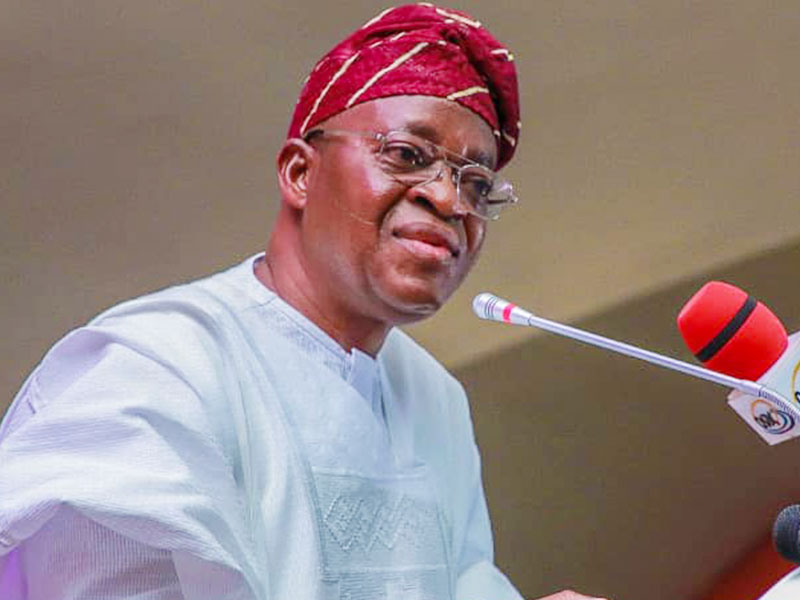
2022 Osun State Election
The Osun State governor will be chosen in the 2022 gubernatorial election, which will take place on July 16. Gboyega Oyetola, the incumbent governor of the All Progressives Congress (APC), is up for reelection and has received his party’s nomination.
Also, some of the opponents of the incumbent Governor, Adegboyega Oyetola, are high-profile people who, according to some people’s reactions, are also powerful opponents. Amongst these candidates are Ademola Adeleke of the People’s Democratic Party (PDP) and Yusuf Sulaimon Lasun of the Labour Party, who was a former member of the Osun State House of Representatives.





